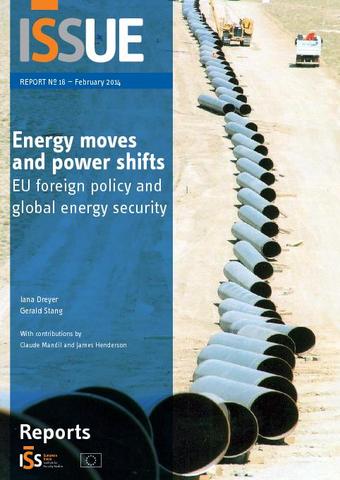You are here
Energy moves and power shifts: EU foreign policy and global energy security

Energy security has climbed the list of EU energy and foreign policy priorities in the last decade. This process was accelerated by the shock of the 2006 and 2009 disruptions in Russian gas supply through Ukraine, and by the new possibilities offered by the Lisbon Treaty. Efforts have been directed at interconnecting national gas and electricity markets, diversifying energy suppliers and promoting rules-based energy trade in the wider European neighbourhood. The EU’s primary energy security goals are to reduce the strategic dependence of individual member states on single external suppliers and to ensure that energy markets are liquid, open and functioning according to stable market rules rather than power logics. Yet energy security also needs to be balanced against environmental and economic competitiveness concerns.
This report undertakes an appraisal of global energy trends and draws conclusions for the EU’s external energy security policy priorities, taking into account that energy mix choices, supply strategies and foreign policy remain national prerogatives. The centre of gravity for global energy markets is shifting to emerging markets, particularly in Asia. The EU is undergoing relative economic and demographic decline: retaining a major role in the global energy scene will be more and more challenging. Its ever-increasing reliance on oil and gas imports makes it more sensitive to political and commercial changes beyond its borders.